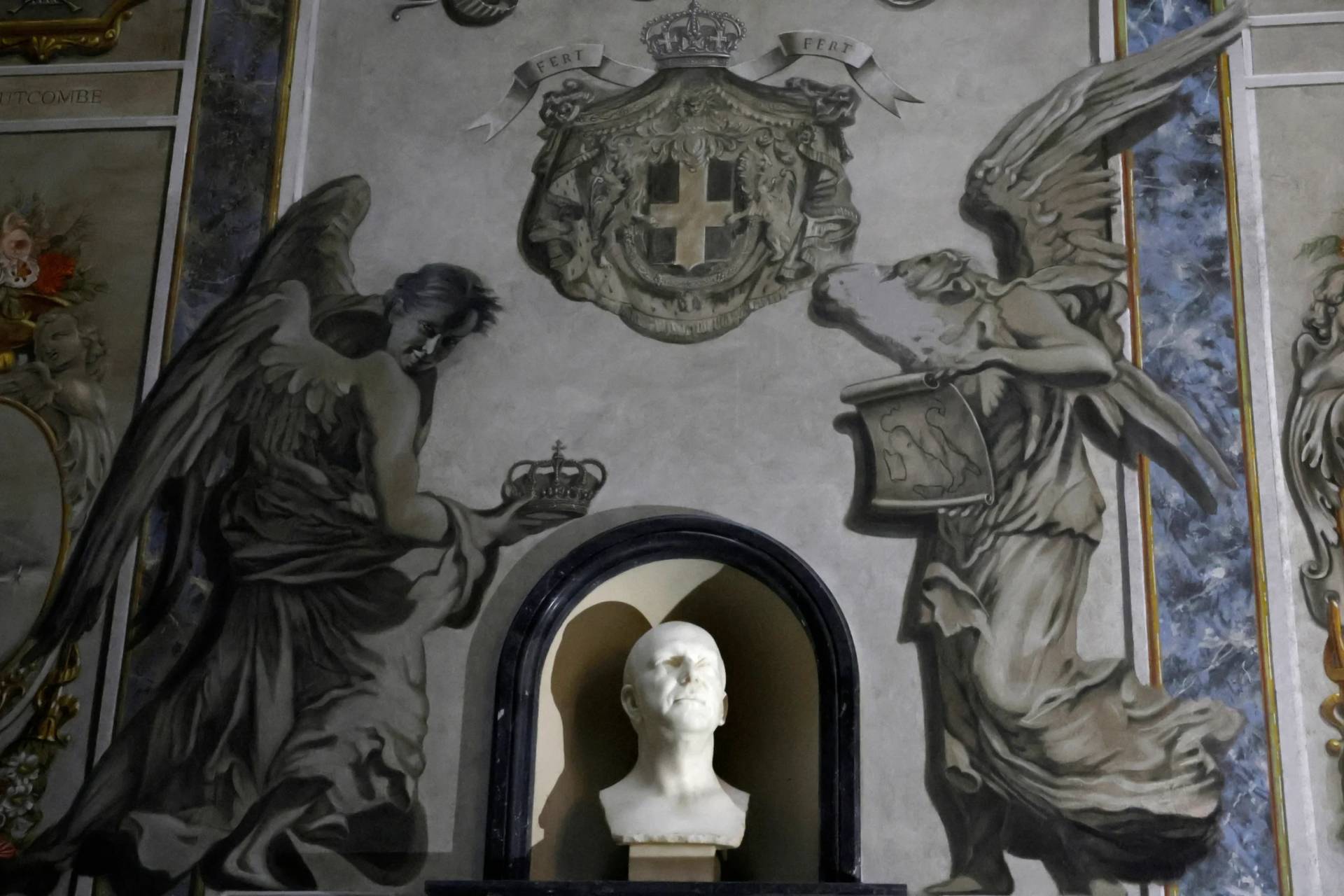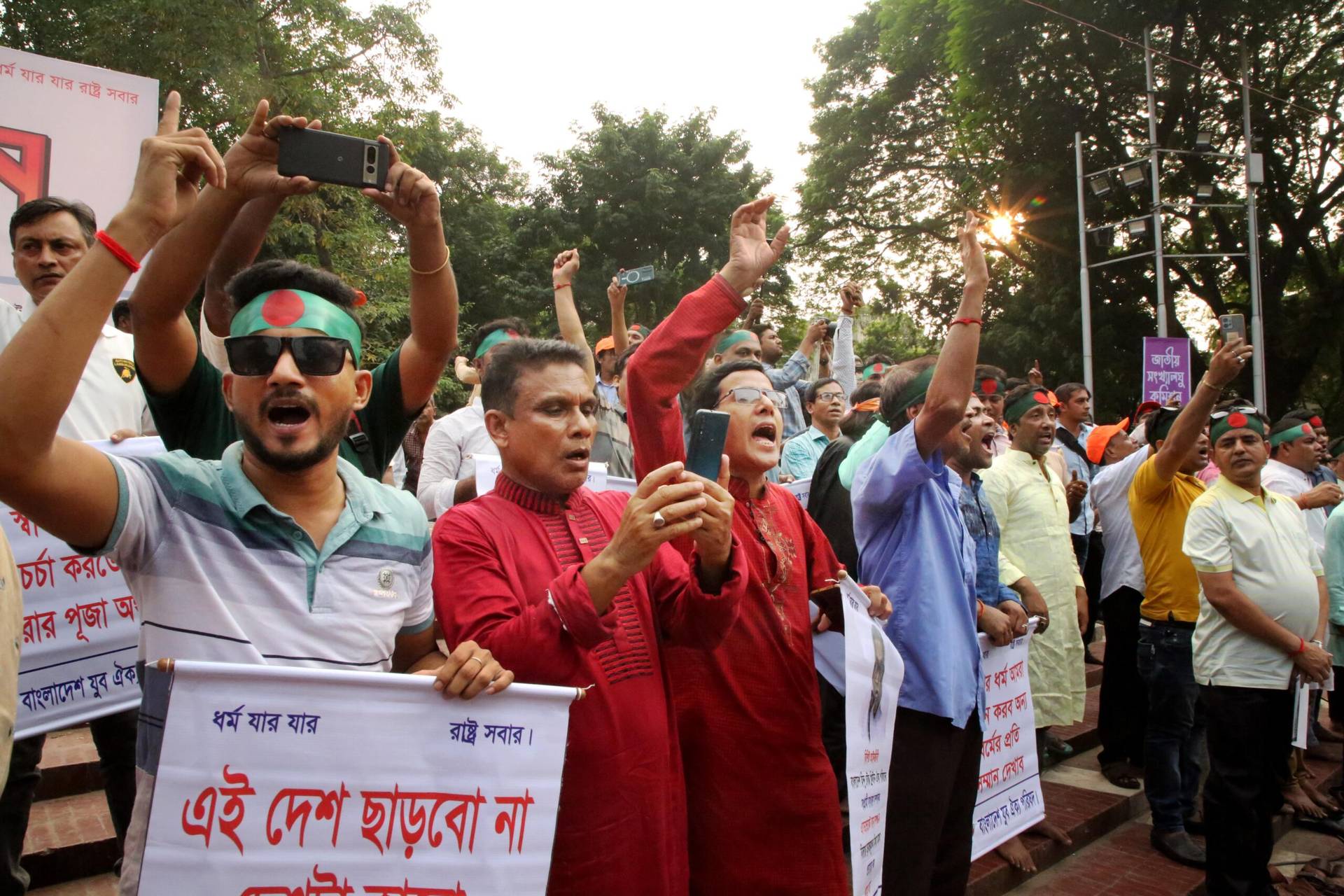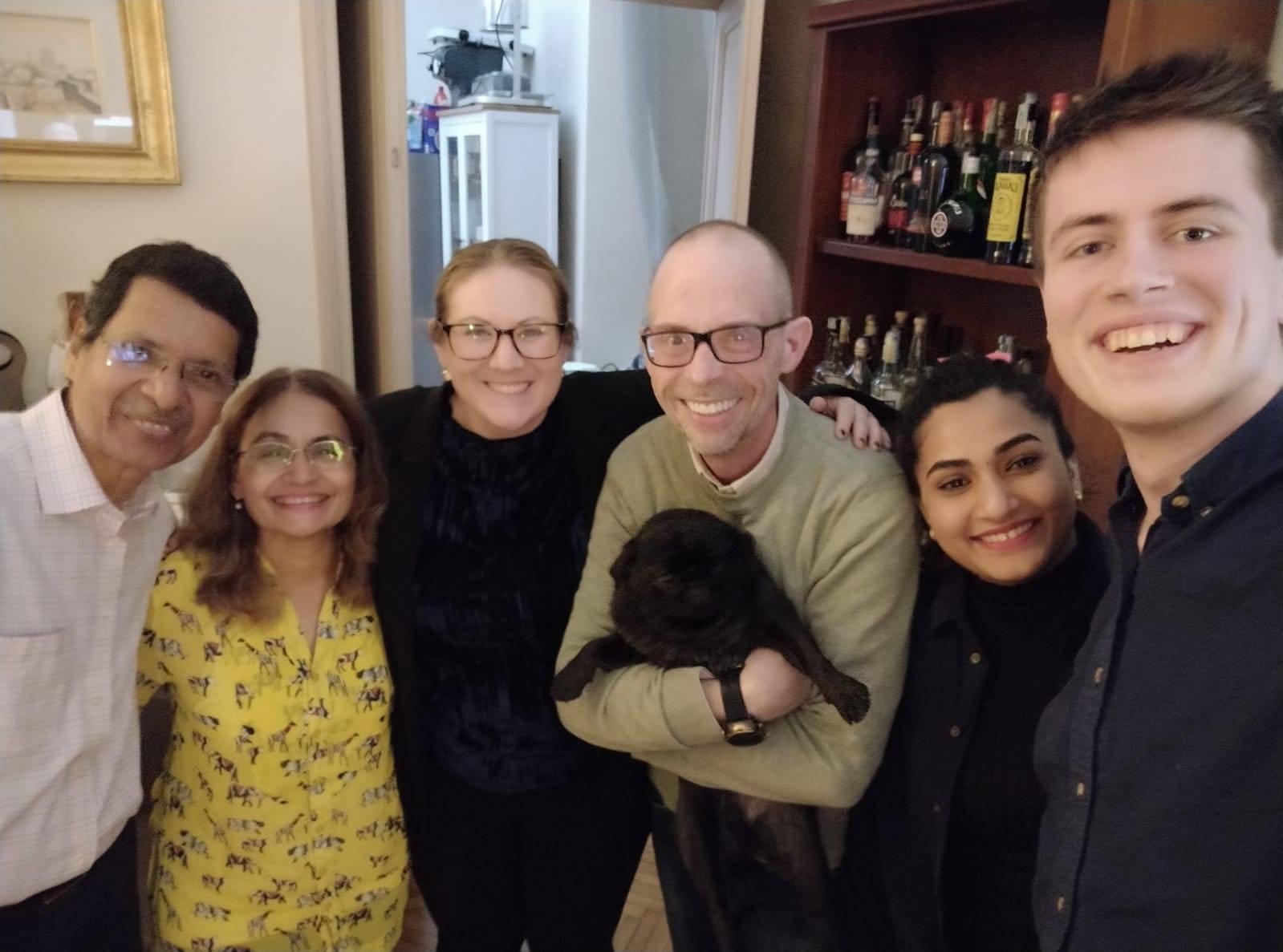MANILA, Philippines – Filipino Cardinal Pablo Virgilio David denounced online gambling as the cause of “a new mental health crisis” in the Philippines.
David, the 66-year-old bishop of the Diocese of Kalookan, attributed the problem to recycled hardware from now-outlawed Chinese gaming operators in the country.
In a Facebook post on Wednesday, David shared an Inquirer newspaper editorial titled “Online Gambling and Broken Lives,” and said he was “calling attention to a new mental health crisis plaguing our country today.”
The problem, said the cardinal, involved “fully legalized online gambling platforms using the recycled digital hardware of outlawed POGOs, owned by licensed casino operators.”
POGOs, short for Philippine offshore gaming operators, are controversial gambling firms that were mostly owned by the Chinese and linked to human trafficking and other crimes. POGOS, which boomed during the presidency of Rodrigo Duterte, have been banned by President Ferdinand Marcos Jr., but are said to have resurrected in other forms.
Taking over from POGOs, online gambling is “now victimizing not foreigners, but our own people, made available 24/7 online, more lucrative than traditional casinos, promoted by paid celebrities, accessible to Filipinos of all age levels, totally unregulated,” said David.
It is “wrecking the lives of poor people who get addicted to it.”
“Jesus once warned those who cause the ‘little ones’ in society to stumble: ‘It would be better for him if a millstone were put around his neck and he be thrown into the sea’ (Luke 17:2),” David said.
David, the 10th cardinal from the Philippines, is a known human rights advocate, having risen to prominence when he fought the Duterte drug war from 2016 to 2022. He is also the president of the Catholic Bishops’ Conference of the Philippines.
The cardinal, one of the country’s leading biblical scholars, had already lashed out at online gambling in his Chrism Mass homily on Maundy Thursday this year.
During this year’s Chrism Mass, David challenged priests to be “agents of hope” for the broken-hearted and “to bring liberation to those who are languishing in the dark prison cells of addiction,” including addiction to online gambling.
“When I say ‘addiction,’ you usually think of drugs. But my God, I tell you, addiction is a mental health disease. It is not just drugs that get people addicted,” said David.
He then pointed out that while POGOs have been banned, “PIGOs” or “Philippine inland gaming operators” have taken their place.
Referring to the cashless payment service GCash, David said in Filipino, “Do you know that if you open your GCash now, your children can already gamble? Do you know that your children can use your GCash so that you can borrow P50,000 ($870) instantly, and they will use up your P50,000 in gambling?”
“Do you know that so many Filipinos are now getting addicted to gambling, because it has been made easy? There was a time when you had to go to the casino. Now, it’s the casino that goes to your pockets. It will empty your pockets,” the cardinal said.
“And this has been legalized silently,” David continued. “They make it appear like they drove away POGOs. But they replaced it with something that is, by all means, more addictive.”
The Catholic Church, a political force in this Catholic-majority country, has long criticized gambling in the Philippines, where many still languish in poverty.
One of the Church’s strongest criticisms against gambling came in the late 1990s.
That was when two prelates who have since passed away — Manila Archbishop Cardinal Jaime Sin and Lingayen-Dagupan Bishop Oscar Cruz — denounced then-president Joseph Estrada for his alleged involvement in the illegal numbers game jueteng, on top of other acts of immorality.
Estrada was removed from office after a Church-backed uprising in January 2001 — a four-day protest at the same highway where Filipinos ousted dictator Ferdinand E. Marcos in another Church-backed revolt in February 1986.















